

 RECIPES
RECIPES
 PLANT BASED DIET RECIPES PLANT BASED DIET RECIPES
 (Click images to open Recipe) (Click images to open Recipe)
|
|
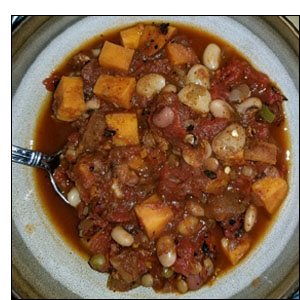 Vegan Sweet Potato Chili
Vegan Sweet Potato Chili
|
|
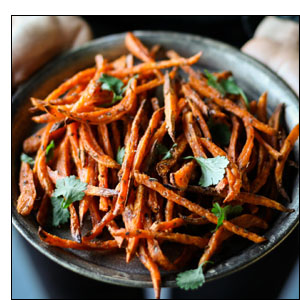 Baked Sweet Potato Fries
Baked Sweet Potato Fries
|
|
 Mushroom Rice Burger
Mushroom Rice Burger
|
|
|
 Sweet & Sour Tofu Stir Fry
Sweet & Sour Tofu Stir Fry
|
|
 Black Bean Garlic Tofu Bowl
Black Bean Garlic Tofu Bowl
|
|
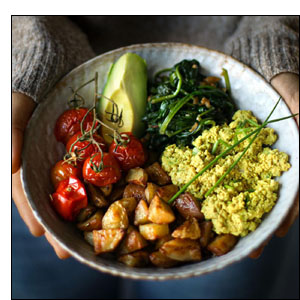 Vegan Egg Salad Breakfast Bowl
Vegan Egg Salad Breakfast Bowl
|
|
|
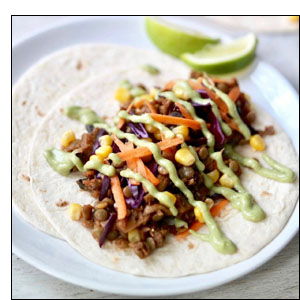 Mushroom Lentil Tacos
Mushroom Lentil Tacos
|
|
 Roasted Cauliflower Potato Wraps
Roasted Cauliflower Potato Wraps
|
|
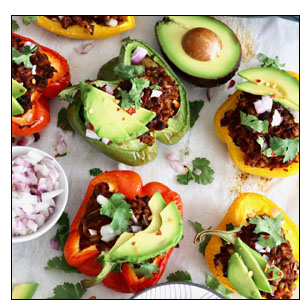 High Protein Vegan Stuffed Bell Peppers
High Protein Vegan Stuffed Bell Peppers
|
|
|
 Sweet Potato Breakfast Wraps w/Scrambled Tofu
Sweet Potato Breakfast Wraps w/Scrambled Tofu
|
|
 Roasted Cauliflower Lentil Curry
Roasted Cauliflower Lentil Curry
|
|
 Roasted Garlic Potato & Arugula Pizza
Roasted Garlic Potato & Arugula Pizza
|
More Recipes


LAST Page NEXT Page
 SMOOTHIE RECIPES SMOOTHIE RECIPES
|
|
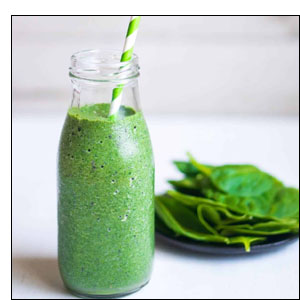 Green Smoothies
Green Smoothies
|
|
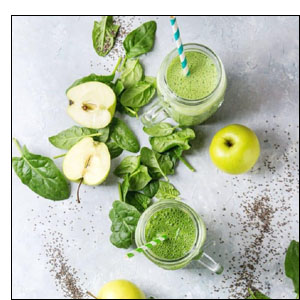 Apple Spinach Green Smoothie
Apple Spinach Green Smoothie
|
|
 Cherry Berry Lime Smoothie
Cherry Berry Lime Smoothie
|
|
|
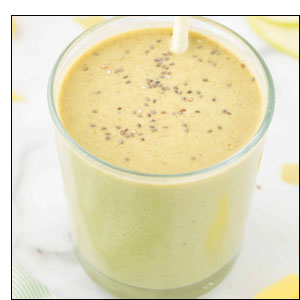 Green Apple Spinach Smoothie
Green Apple Spinach Smoothie
|
|
 Strawberry Banana Oatmeal Smoothie
Strawberry Banana Oatmeal Smoothie
|
|
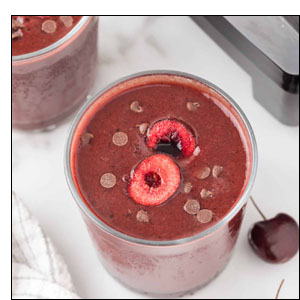 Chocolate Cherry Smoothie
Chocolate Cherry Smoothie
|
|
|
 Orange Julious Smoothie
Orange Julious Smoothie
|
|
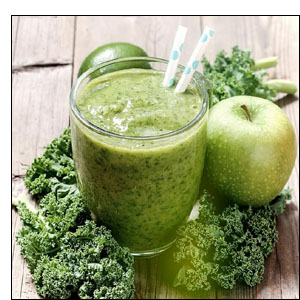 Green Apple Kale Smoothie
Green Apple Kale Smoothie
|
|
 Green Strawberry Smoothie
Green Strawberry Smoothie
|
Guidelines for a Healthy Diet
Your diet should be:
- Primarily plant-based
- Include plenty of fruits and vegetables
- High in fiber
- Low in fat (But STAY AWAY from so-called "Low-Fat" processed foods)
- Limited in the amount of simple sugars
In addition, drink adequate fluids and be physically active to help achieve and maintain a healthy weight.
Plant-Based Diet
A diet that is primarily plant-based includes the following:
- Fruits and vegetables
- Whole grains
- Beans and legumes
- Other plant protein sources
Fruits and Vegetables
It is important to eat plenty of fruits and vegetables. Here are a few reasons why:
- They contain vitamins, minerals and fiber as well as various cancer-fighting phytochemicals, such as carotenoids, lycopene, indoles and flavonols.
- There is consistent evidence that diets high in fruits and vegetables are associated with decreased risks of many cancers. While results for prostate cancer risk are not yet conclusive, they are promising.
- Men who consumed at least 28 servings of vegetables per week had a reduced risk of prostate cancer compared with those who ate fewer than 14 servings per week.
- There is some evidence that vegetables — particularly cruciferous vegetables like broccoli, cauliflower, cabbage, kale, Brussels sprouts and bok choy — may be associated with a reduced risk of prostate cancer.
- Men who ate three or more servings of cruciferous vegetables per week had a 41 percent decreased risk of prostate cancer compared with men who ate less than one serving per week.
- The benefit of fruits and vegetables in regards to cancer protection may be related to high amounts of carotenoids in certain fruits and vegetables, according to some key population studies.
- One study indicated that fructose, or fruit sugar, resulted in a lower risk of prostate cancer.
Be sure to:
Consume at least five, preferably eight to 10, servings of fruits and vegetables daily for their cancer protective effects.
One serving equates to:
- 1/2 cup fruit or vegetable
- 1 cup raw leafy greens
- 1/4 cup dried fruit or vegetable
- 6 fluid ounces of fruit or vegetable juice
Fiber
A plant-based diet is naturally high in fiber, which has a number of benefits:
- Fiber may bind to toxic compounds and carcinogens, which are then later eliminated from the body.
- A high-fiber diet works to reduce hormone levels that may be involved in the progression of prostate cancer.
- One study indicated that a high-fiber, low-fat diet followed only for 10 days resulted in serum changes that reduced the growth of prostate cancer.
- Prostate cancer mortality is inversely associated with consumption of cereals and nuts or seeds, according to a study in the Journal of the National Cancer Institute.
- A diet rich in natural fiber obtained from fruits, vegetables, legumes and whole grains such as whole-grain cereals and breads may reduce cancer risk and reduce the risk of prostate cancer progression.
What else to do:
Aim for 25 to 35 grams of fiber daily. To get more fiber, choose breads with three or more grams of fiber per slice. The first ingredient
on the label should be whole or sprouted grain flour, not white flour or unbleached white flour. Also, include whole grains - such as oats,
barley, quinoa, amaranth, bulgur and millet - in your diet.
Low-Fat Diet
Eating a low-fat diet has many benefits. Here are some points to keep in mind.
- The increased cancer risk observed in developed countries may be, in part, due to the fact that a high-fat diet stimulates increased
levels, which is known to be associated with prostate cancer growth.
- A comprehensive review reported that 24 of 32 studies found positive, although not all statistically significant, associations between
dietary fat intake and prostate cancer risk.
- Prospective studies to date, however, have failed to find a consistent association between prostate cancer and overall fat intake.
*These statements have not been evaluated by the Food and Drug Administration. These products are not intended to diagnose, treat, cure, or prevent any disease.
|